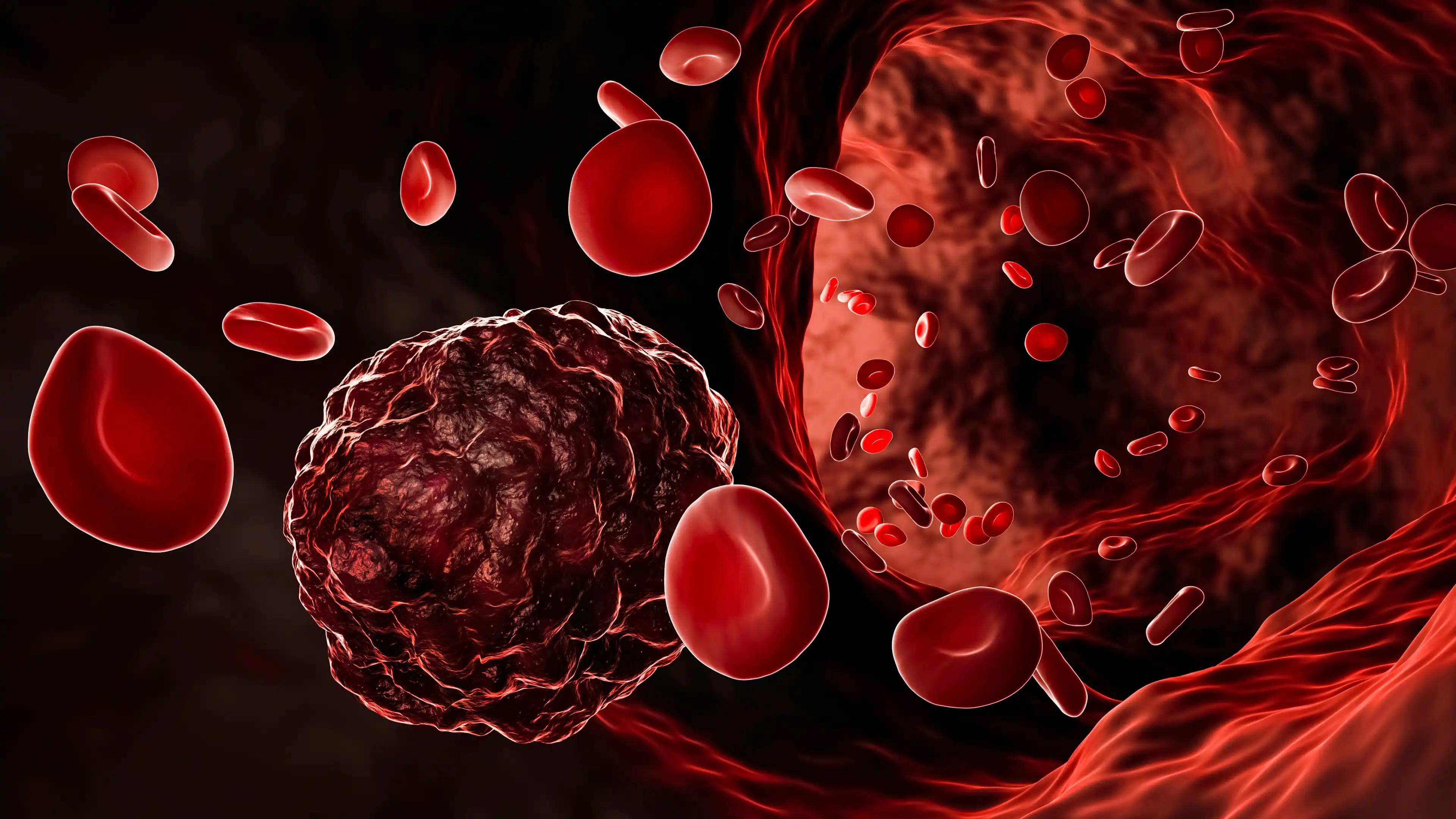KEY TAKEAWAYS
- The study assessed how H. pylori infection and its eradication impact cancer risk.
- Researchers noticed a clear link between H. pylori infection and increased cancer risk, emphasizing the importance of targeted eradication strategies.
Helicobacter pylori (H. pylori) is a gram-negative gastrointestinal pathogen that colonizes the human stomach and is considered a major risk factor for gastric cancer and mucosa-associated lymphoid tissue lymphoma. Furthermore, H. pylori is a potential trigger for a wide spectrum of extragastric cancer entities, extraintestinal chronic inflammatory processes, and autoimmune diseases.
Sven Heiko Loosen and the team aimed to evaluate the association between H. pylori infection and its eradication with subsequent gastrointestinal and non-gastrointestinal cancer development.
They performed an inclusive analysis of 25,317 patients diagnosed with H. pylori and 25,317 matched individuals without the infection, using data from the Disease Analyzer database (IQVIA). A subsequent cancer diagnosis was examined through Kaplan-Meier survival curves and conditional Cox-regression analysis to evaluate the impact of H. pylori infection and its eradication on cancer development.
About 10 years after follow-up, 12.8% of the H. pylori cohort and 11.8% of the non-H. pylori cohort were diagnosed with cancer (P = 0.002). These results were confirmed in regression analysis, showing a hazard ratio (HR) of 1.11 (95% CI 1.04 to 1.18).
Additionally, a non-eradicated H. pylori status was associated with a higher risk of subsequent cancer diagnosis (HR: 1.18; 95% CI 1.07 to 1.30), whereas an eradicated H. pylori status did not show a significant association (HR: 1.06; 95% CI 0.97 to 1.15). In subgroup analyses, H. pylori eradication was negatively associated with bronchus and lung cancer (HR: 0.60; 95% CI 0.44 to 0.83).
The study concluded that data from a large outpatient cohort in Germany revealed a clear association between H. pylori infection and the subsequent development of cancer. These findings may assist in identifying at-risk patients and underscore the importance of targeted eradication strategies to potentially reduce cancer incidence in the future.
The study received no funds.
Source: https://pubmed.ncbi.nlm.nih.gov/39181567/
Loosen SH, Mertens A, Klein I, et al. (2024). “Association between Helicobacter pylori and its eradication and the development of cancer. BMJ Open Gastroenterol.” 2024;11(1):e001377. Published 2024 Aug 24. doi:10.1136/bmjgast-2024-001377



